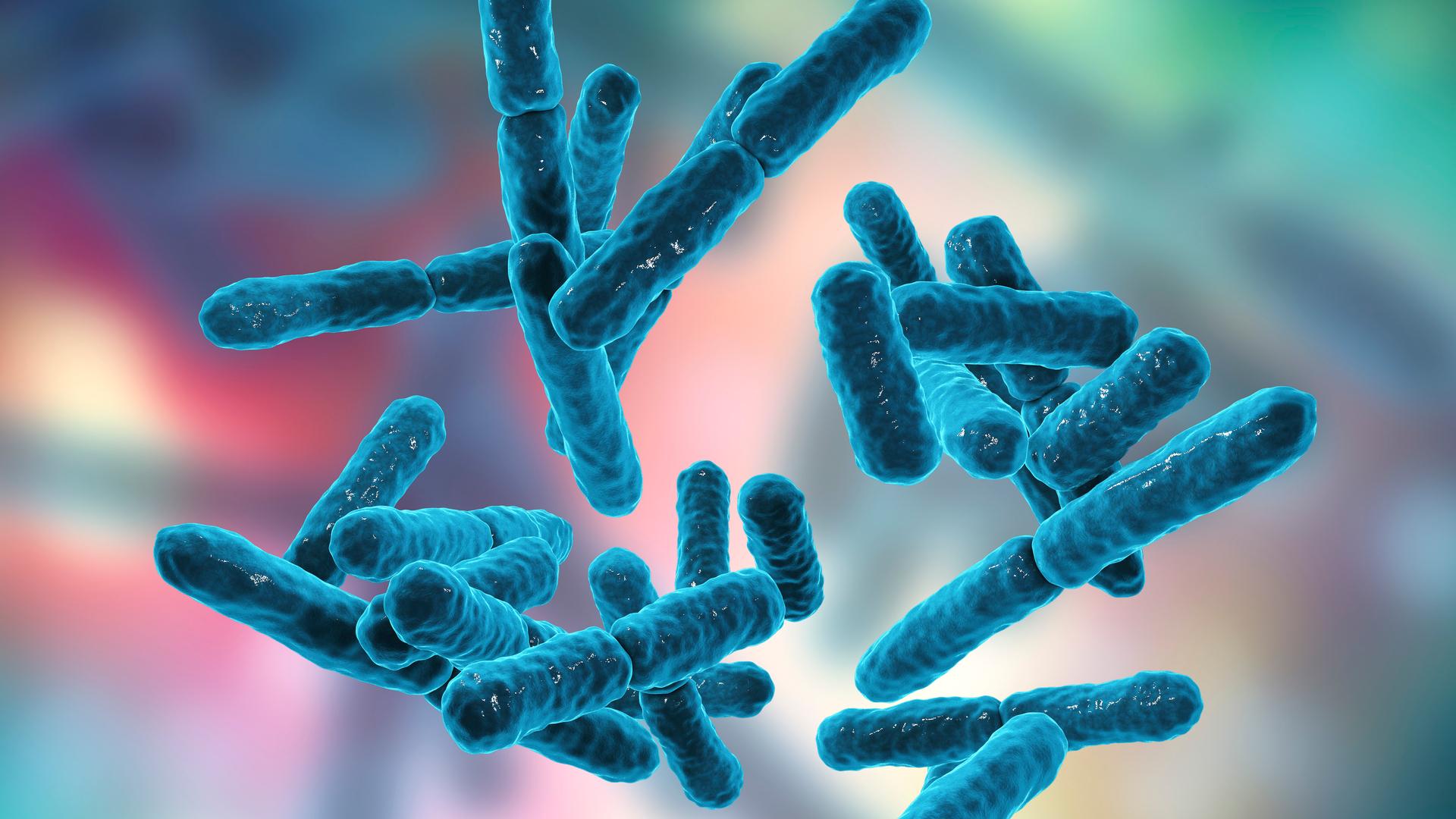Bacillus coagulans: A Potential Probiotic for Gut and Overall Health

Bacillus coagulans is a hardy, spore-forming bacterium that has garnered attention in recent years for its potential probiotic benefits. As interest in probiotics and gut health continues to grow, more research is exploring this unique microbe and how it may support digestive and overall wellness. This article takes a closer look at Bacillus coagulans, including what current science says about its properties and health effects.
What is Bacillus coagulans?
Bacillus coagulans is a lactic acid-producing bacterium found naturally in various fermented foods like fermented dairy, kimchi, and miso. Unlike many probiotic bacteria, B. coagulans forms tough endospores that allow it to survive the acidic conditions of the stomach and pass safely into the intestines. Once in the intestines, the spores germinate into the active bacterial form.
This ability to endure stomach acid gives B. coagulans a major advantage over many other probiotic species. Most probiotic bacteria rely on special enteric coatings for capsules or yogurts to help them reach the intestines alive. But B. coagulans can potentially provide benefits whether consumed in supplement, food, or beverage form without these extra delivery mechanisms.
Potential Health Effects of Bacillus coagulans
Several properties of B. coagulans point to possible health advantages, though more research is still needed:
- Gastrointestinal Support: Early studies suggest B. coagulans may help balance bowel bacteria, promote regularity, and support gastrointestinal health. Some research associates it with reducing abdominal discomfort.
- Immune Function: Test tube and animal studies show B. coagulans may stimulate immunity by increasing macrophage and T cell activity. This could potentially offer protection against pathogens.
- Liver Health: Preliminary animal research links B. coagulans supplementation to possible liver protective effects against toxins through antioxidant activity.
- Weight Control: Limited evidence proposes B. coagulans may aid weight management by increasing production of appetite-suppressing hormones like GLP-1 and PYY. But more significant trials are required.
- Diabetes Management: Studies in animals and small human trials point to potential benefits for managing blood sugar levels and insulin sensitivity. Larger studies are warranted.
- Oral Health: Early animal research ties certain B. coagulans strains to strengthening immunity in the mouth and throat as well as reducing pathogenic bacteria in the oral cavity.
While the potential is intriguing, most health effects have only been observed in preliminary research so far. More robust clinical trials are still needed to confirm the benefits of Bacillus coagulans for specific conditions or as part of a health routine.
Selecting a Bacillus coagulans Supplement
If interested in supplementing with this potential probiotic, it's important to choose a high-quality formulation. Look for supplements listing the B. coagulans strain used and specifying a minimum guaranteed spore count of at least 1 billion CFUs (colony-forming units) per capsule. Strains like B. coagulans GBI-30, 6086, and LHBTM are among those studied.
Not all B. coagulans supplements may deliver the live microbes effectively. Enteric coatings are designed to protect probiotic bacteria but aren't foolproof. Select a supplement made by a reputable company that conducts stringent testing to verify potency and viability. Avoid supplements sitting on store shelves for long periods which could compromise the live spore count over time.
The Dosage Debate
Experts differ on suggested daily dosages of Bacillus coagulans supplements. Some propose taking at least 1 billion CFUs per day in divided doses for general health support. Others argue higher doses may be needed—on the order of 5-10 billion CFUs—for more targeted digestive or immune system benefits.
More research is still necessary to determine the optimal Bacillus Coagulans dosage. Variability in strains and supplement formulations further complicates dosage recommendations. When first starting supplementation, it may be prudent to follow product label instructions or consult a healthcare provider or dietitian.
Role in Healthy Ageing
Emerging research is exploring Bacillus coagulans as part of healthy ageing strategies. Age-related declines in diversity and function of the gut microbiome appear linked to increased inflammation and reduced immunity. While preliminary, some evidence associates certain probiotic species like B. coagulans with rebalancing the microbiota composition and supporting anti-ageing processes.
Specifically, B. coagulans supplementation seemed capable of counteracting changes in the gut microbiota of aged animals. Maintaining a diversity and balance of gut bacteria through adequate prebiotic fiber intake and quality probiotic supplementation may help offset some aspects of biological ageing. Future investigations will hopefully provide more insights into probiotic approaches for healthy longevity.
With its unique properties including spore-forming ability, Bacillus coagulans shows much potential as a versatile probiotic candidate. Early research suggests it may offer valuable digestive, immune-modulating, and metabolic advantages. However, more extensive human clinical trials are still needed to substantiate reported health benefits and establish recommended intake guidelines. For now, B. coagulans appears a reasonable consideration as part of a probiotic routine, especially for individuals seeking a hardier, non-refrigerated option. Continued scientific investigations will help expand our understanding of this interesting microbe.
For More details on the topic:
https://www.insightprobing.com/bacillus-coagulans-size-share-analysis-growth/
- Art
- Causes
- Crafts
- Dance
- Drinks
- Film
- Fitness
- Food
- Jogos
- Gardening
- Health
- Início
- Literature
- Music
- Networking
- Outro
- Party
- Religion
- Shopping
- Sports
- Theater
- Wellness
- IT, Cloud, Software and Technology


